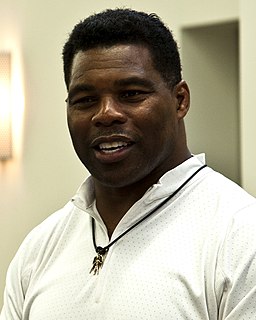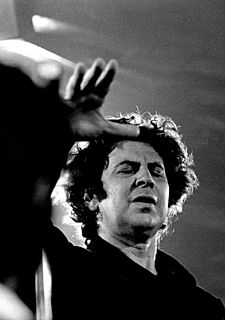A Quote by Terrance Hayes
Anyone reading contemporary poetry - especially contemporary African-American poetry - will quickly see that race is an enduring subject. What some don't realize is just how diverse the handling of that subject is. It's as diverse as blackness.
Related Quotes
I'm educating myself more about world poetry. I know a lot about contemporary American poetry, so I felt I needed to learn more about figures like Borges, Akhmatova, Neruda, etc. I felt I needed a bigger lens to see poetry through. It really helps to see poetry as a world language, and not just something American.
We can no longer contemplate the subject - self - of contemporary art; it has been woven into infinite relationships, replaced by social movements, national image, and financial capital. The disappearance of the construction of the self of contemporary art makes it impossible to exist in the form of a subject. The subject of contemporary art that I speak of is a kind of naming event predicated upon the multiplicity of the environment. It includes politics, should have its own way of thinking, and can be perceived.
I didn't ever consider poetry the province exclusively of English and American literature and I discovered a great amount in reading Polish poetry and other Eastern European poetry and reading Russian poetry and reading Latin American and Spanish poetry and I've always found models in those other poetries of poets who could help me on my path.
Poetry transcends the nation-state. Poetry transcends government. It brings the traditional concept of power to its knees. I have always believed poetry to be an eternal conversation in which the ancient poets remain contemporary, a conversation inviting us into other languages and cultures even as poetry transcends language and culture, returning us again and again to primal rhythms and sounds.


































